Press release – For immediate release
Montreal, February 21, 2023 — For the first time ever, compagnies around the world are considering the development of industrial-scale commercial cephalopod farms, raising concerns of the scientific community as well as animal protection organizations owing to the serious ethical, environmental and public health problems inherent to these productions.
The Montreal SPCA, alongside Animal Justice, the BCSPCA, Humane Canada, the Canadian Coalition for Farm Animals, Last Chance for Animals, the Vancouver Humane Society and the Winnipeg Humane Society, is launching a petition calling on the federal government to ban the importation of farmed cephalopod products from such factory farms, as well as the breeding or raising of cephalopods in captivity on Canadian territory. Canada’s position on this issue is crucial since Eastern Canada is an importer of octopuses from Spain where an industrial farm project aiming to produce tens of thousands of octopuses per year is currently under development.
Highly intelligent animals who are provided no legal protection
“Octopuses are solitary animals that are particularly ill-suited to captivity as a result of their high level of intelligence and natural curiosity to explore their environment—the vast ocean floor,” explains Émilie-L. Sauvé, Animal Advocacy Coordinator at the Montreal SPCA. “In high-density factory farms, thousands of these carnivorous animals would be packed into cramped quarters with no opportunity to escape or exhibit their natural behaviours and become prone to self-mutilation and cannibalism.”
Cephalopods, a class of mollusks to which octopuses belong, are particularly curious, intelligent and complex beings. Despite physiologically differing from mammals, science has recently established that octopuses feel and respond to pain in a similar way [1]. However, there is currently no legislation protecting octopus and other cephalopod welfare in the countries where octopus farming is currently under consideration. Yet, a recent comprehensive scientific report [2] on cephalopods’ neurocognitive abilities—bringing together over 300 recent scientific studies—has led the UK to officially recognize their capacity to suffer and the urgent need to protect them.
Serious environmental concerns
In addition to toxic discharges of effluents into nearby ecosystems, potential farmed octopus escapes, as these animals are known for their escaping abilities [3], could contribute to spreading pathogens to marine wildlife and contaminate surrounding aquatic habitats. Furthermore, farming carnivorous species is an unsustainable practice and will contribute to the pressure currently exerted on wild fish populations, in the context of a global overfishing crisis [4].
A public health issue
Cephalopods in captivity in megafarms could become vectors of multiple unknown pathogens, for which there is a lack of treatment and prevention strategies as little is known about their immune system [5]. Octopuses are also vectors of cholera, a potentially epidemic and deadly zoonosis (a disease that also affects humans).
Large-scale aquatic farms are breeding grounds for bacteria. And since many of the antibiotic treatments needed to treat octopuses are also used to treat human diseases, mega-farms contribute to excessive antibiotic use and the emergence of multi-drug resistant bacteria, which poses a serious threat to human health according to the United Nations.
A tropical international issue
This bold pan-Canadian campaign is being launched as Washington State is considering a bill to ban octopus farms, and many scientists are raising serious concerns internationally about this new trend in aquaculture. Canada must lead the way and close Pandora’s box while there is still time.
The online petition is available on the House of Commons website and sponsored by Ms. Elizabeth May, Member of Parliament for the Green Party. In addition to highlighting this important petition, the Montreal SPCA will be publishing informative and educational content about the octopus mega-farm industry and cephalopods in general, curious, intelligent and complex creatures who remain unknown to many.
Finally, the Montreal SPCA is collaborating with the Quebec company Ouate de Phoque for this awareness campaign. As of today, it will be possible to purchase shirts bearing the effigy of these amazing animals.
[To purchase a shirt]
References
[2] Sentience-in-Cephalopod-Molluscs-and-Decapod-Crustaceans-Final-Report-November-2021.pdf (lse.ac.uk).
[4] Jacquet, J., Franks, B., Godfrey-Smith, P. & Sánchez-Suárez, W. The Case Against Octopus Farming. Issues Sci. Technol. 37–44 (2019); en ligne : https://issues.org/the-case-against-octopus-farming/
[5] Comments on the Environmental Impact of Nueva Pescanova farm by the Aquatic Animal Alliance, 2022; en ligne: Octopus Farm EIA Response final_ENG.pdf – Google Drive
-30-
Source : Montreal SPCA
Media contact: Jeanne Beauchamp, chargée de comptes relations publiques, tök communicatons, 514-535-0326 | extension 201, jeanne@tokcommunications.ca
About the Montreal SPCA
Founded in Montréal in 1869, the Society for the Prevention of Cruelty to Animals (now better known as the Montreal SPCA) was the first animal-welfare organization in Canada. The SPCA has come a long way since its beginnings and is today the largest animal-protection organization in Québec, speaking on behalf of animals wherever there is ignorance, cruelty, exploitation or neglect.





